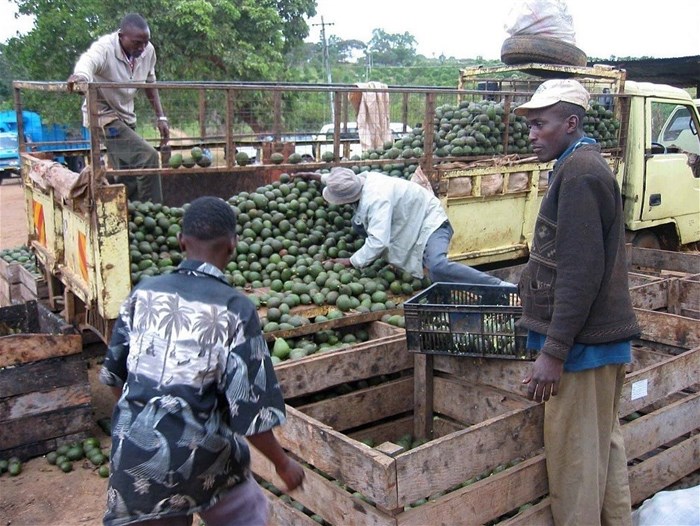
Top stories






More news















South Africa placed the embargo due to the invasion of fruit fly pests in some of the key avocado producing areas in Kenya raising questions over the quality of fruits produced for exportation. Kenya Plant Health Inspectorate Service (Kephis) attributed the rethink by South African authorities to the relentless efforts it has put in long negotiations over the years.
South Africa’s ban on avocados imported from Kenya resulted in a great loss for the vast majority of avocado exporters in Kenya. Its adverse effect has also led to the loss of an estimated Ksh2bn per year during the period the ban was placed on Kenya avocados.
Dr Isaac Macharia, general manager, Kenya Plant Health Inspectorate Service said the latest development is a major achievement for Kenya’s pest management.
"Kephis, together with Kenya Agricultural Livestock Research Organisation (Kalro) have established pest-free areas to mitigate the effects of pests on horticultural produce as a measure to eliminate the insects," said Esther Kimani, Kephis managing director while speaking to the press.
It would be recalled that the price of a unit of avocado dropped from 35 Dirhams ($9) to 16 Dirhams ($4) in March due to the proliferation of inferior and downmarket avocados in Kenya. This was caused by a surge in the demand for the fruit in both local and international markets.
Kenya boasts of a comparative advantage in the production of avocados in Africa. The exportation of avocados in Kenya has seen the country’s agriculture sector boom over the years.
In Kenya alone, avocados account for more than 9% of agricultural exports. It has been a huge contributor to the growth of the economy in the past years. Kenya avocados also have a large customer base and huge global market which include the United Arab Emirates, the UK, Egypt, The Netherlands, France, Saudi Arabia, Belgium, Spain, Qatar, Bahrain, Kuwait, Germany and Hong Kong. However, exportation of low-quality avocados by hungry and mendacious traders to Dubai threatened to end its glory days in the international market. Subsequently, the price of Kenya’s avocado to Dubai diminished.
This imminent collapse drew the attention of the government, thereby resulting in efforts to curb it completely. In recent times, there has been a total clampdown on the sale of substandard produce by the different regulatory agencies in Kenya as its aims to expand avocado exportation to countries like Malaysia, Singapore and South Korea.
The return of avocados from Kenya to the South African market will be a significant period for both subsistence and commercial farmers in the country, coupled with the high demand of the fruit in the world market.

The African Agri Council is a network of global executives, decision makers and key stakeholders in Africa’s agricultural industry. We connect executives with their peers, policy makers, investors and financiers and leading global service providers across Africa and around the world.
Go to: http://www.agricouncil.org/articles/